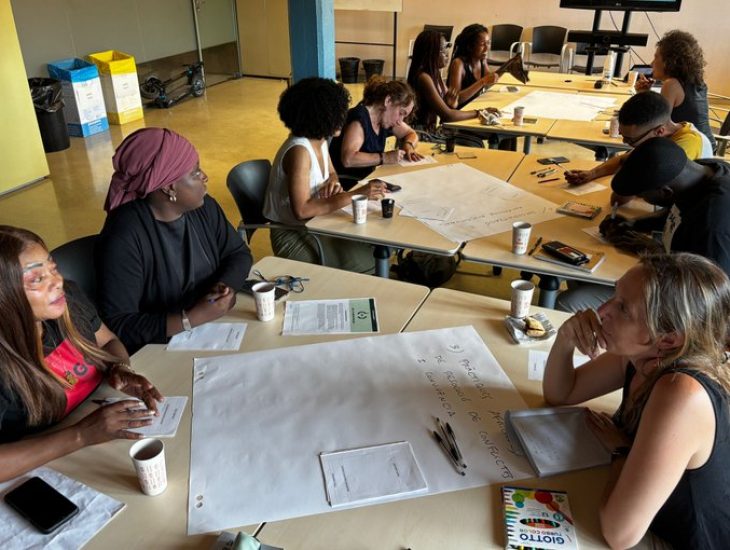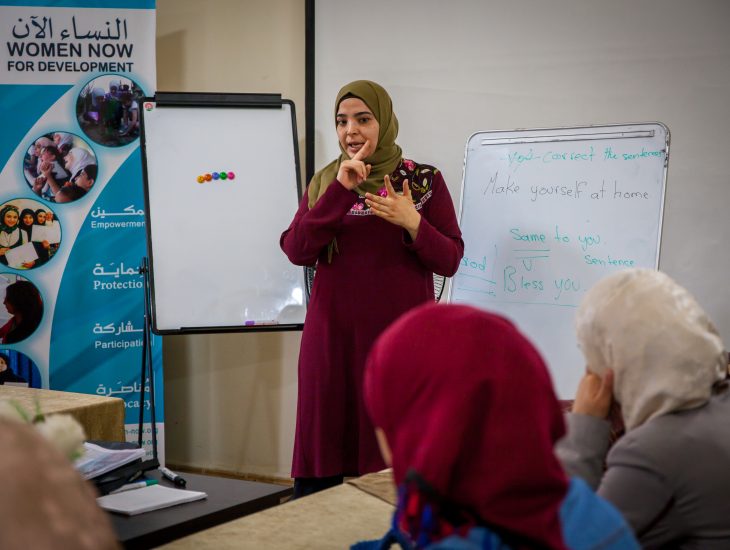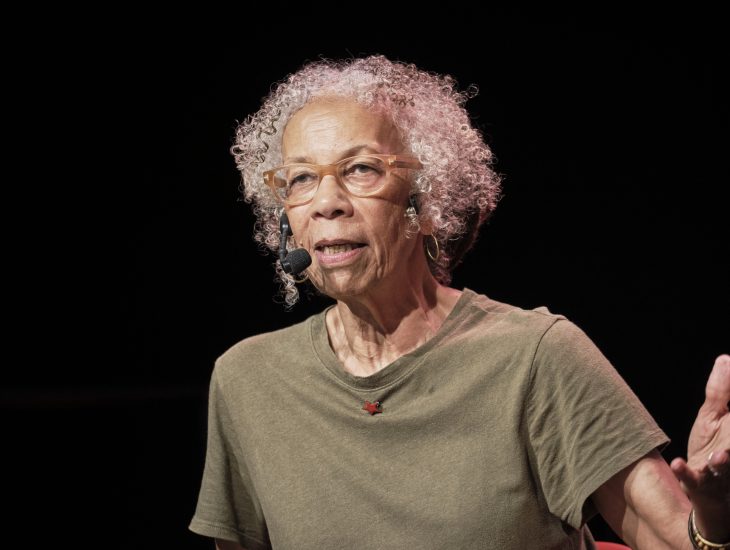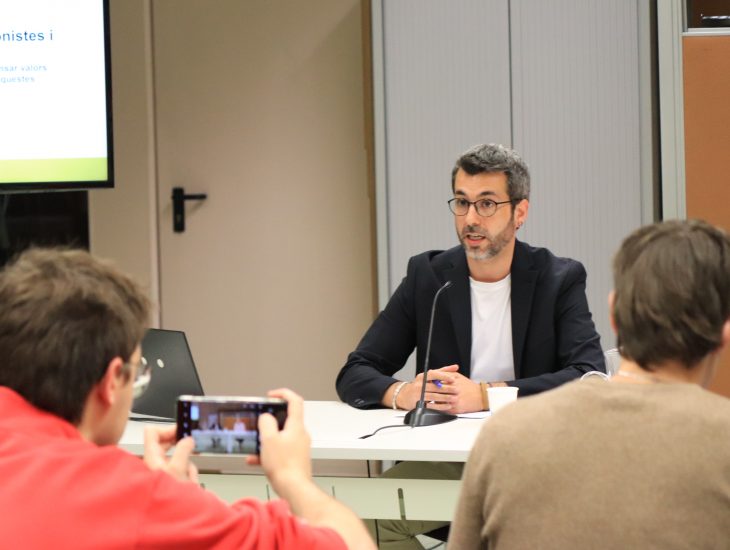On 26 September 2016, the Final Agreement to End the Armed Conflict and Build a Stable and Lasting Peace, between the Government of Colombia and the FARC-EP (Fuerzas Armadas Revolucionarias de Colombia – Ejército del Pueblo), was signed.
As a result of the Peace Agreement, a series of Transitional Justice mechanisms were created that are part of a Comprehensive System for Truth, Justice, Reparations and Non-Recurrence. One of these instruments is the Commission for the Clarification of Truth, Coexistence and Non-Recurrence, which formally began its work with a three-year mandate in November 2018. The objectives of the Commission are as follows:
- To clarify the patterns of Human Rights and International Humanitarian Law violations; the causes and factors of persistence, impacts and forms of resistance; as well as the relationship between drug trafficking, paramilitarism and land dispossession in relation to the internal armed conflict.
- To promote the recognition of the victims as important subjects for the transformation of the country; the voluntary acknowledgement of responsibilities by the perpetrators (direct and indirect); and the recognition by society that these violations must not be repeated.
- To contribute to coexistence in the territories, providing an opportunity to regain trust, to learn to engage in dialogue with opponents and to relate to each other peacefully.
In addition, it has the mandate to work with the Colombian community living abroad, as an actor-subject that deserves attention and participation. According to the Commission itself, of the more than five million Colombians living abroad, at least 500,000 have requested international protection, which does not include the second generation or people who left the country without requesting protection status.
The degree of involvement and participation of the diaspora in the Colombian Truth Commission is unprecedented in transitional justice contexts. This work with victims abroad has led to the creation of support groups for the Commission’s work (also called nodes) in 23 countries worldwide, 10 of them in Europe.




